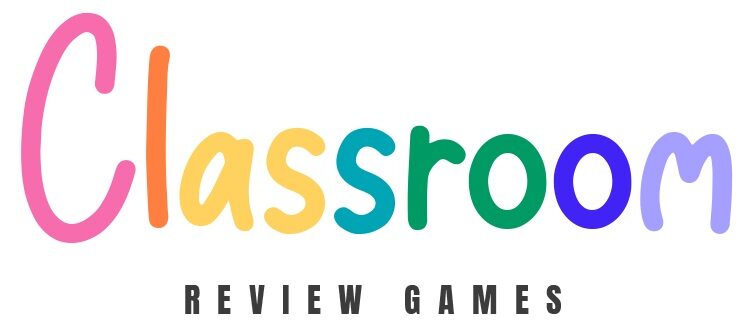Combining Traditional Tutoring with Educational Games: A Winning Approach
Tutoring has long been a cornerstone of personalized education, offering students the one-on-one attention they need to excel. In recent years, integrating educational games into traditional tutoring methods has gained popularity as a way to boost engagement and reinforce learning. This hybrid approach allows tutors to cater to diverse learning styles while keeping sessions interactive and enjoyable. According to a 2023 study by EdTech Insights, students who participated in tutoring sessions that included educational games showed a 22% improvement in retention compared to those who used traditional methods alone.
The Benefits of Traditional Tutoring
Traditional tutoring provides a structured environment where students can focus on their specific needs. This approach is especially effective for subjects like mathematics, science, and grammar, where foundational skills require repetition and practice. Tutors can assess a student’s strengths and weaknesses, develop customized lesson plans, and build their confidence through consistent feedback. A 2022 report by the National Tutoring Association found that 87% of students receiving traditional tutoring experienced significant improvements in grades and test scores, highlighting the effectiveness of this method for academic achievement.
Enhancing Learning with Educational Games
Educational games introduce an element of fun and interactivity, making learning more engaging for students of all ages. Games encourage problem-solving, critical thinking, and collaboration, often without students realizing they’re learning. Popular formats include trivia games, role-playing activities, and puzzle-based challenges that align with academic goals. By integrating games into tutoring sessions, tutors can break the monotony of lectures and worksheets, keeping students motivated and attentive.
Examples of Educational Games to Integrate
Here are some educational games that can complement traditional tutoring sessions:
- Math Games: Use apps like Prodigy or physical tools like flashcard-based games to practice arithmetic and problem-solving.
- Language Learning Apps: Tools like Duolingo or Scrabble-based games reinforce vocabulary and grammar.
- Science Quizzes: Trivia games on platforms like Kahoot or Quizizz test knowledge on biology, chemistry, and physics.
- Memory Games: Card-matching games help younger students improve recall and concentration.
- Creative Storytelling: Encourage imagination and language skills by creating collaborative stories or playing games like Mad Libs.
Integrating these activities ensures that students remain engaged while deepening their understanding of the subject matter.
Finding the Right Traditional Tutor
Choosing the right traditional tutor is a crucial step in ensuring a student’s success. Start by identifying the subject areas where support is needed and seeking tutors with expertise in those fields. Look for qualifications such as teaching experience, certifications, or a strong academic background in the relevant subject. Referrals from teachers, school counselors, or other parents can be invaluable, as they often come with firsthand insights into the tutor’s teaching style and effectiveness. Additionally, platforms like Tutorax, Wyzant or Tutor.com provide detailed profiles and reviews, making it easier to find a good match. According to a 2022 survey by the National Tutoring Association, parents who spent time researching and interviewing potential tutors reported a 30% higher satisfaction rate with their child’s progress, emphasizing the importance of selecting the right fit.
Striking the Right Balance
While educational games can make learning enjoyable, it’s important to balance them with traditional methods. Games should complement, not replace, structured lessons and practice. Tutors can use games as warm-ups to spark interest, as breaks to maintain energy levels, or as rewards for completing challenging tasks. According to a 2023 survey by Educational Tutors Alliance, students who experienced a balanced mix of traditional and game-based learning scored 18% higher on standardized tests compared to those who relied solely on one method. This combination ensures both depth and engagement in the learning process.
Building a Growth Mindset
One of the greatest advantages of using a hybrid approach is fostering a growth mindset in students. Educational games often involve trial and error, encouraging resilience and adaptability. Meanwhile, traditional tutoring provides the structured guidance needed to learn from mistakes and achieve mastery. Together, these methods build confidence and a positive attitude toward learning, which benefits students in both academics and life.
Conclusion
Combining traditional tutoring with educational games offers a dynamic and effective way to support student learning. By leveraging the strengths of both approaches, tutors can create sessions that are not only informative but also enjoyable and inspiring. Whether tackling math problems with interactive apps or practicing vocabulary through creative games, this balanced method keeps students engaged while fostering lasting knowledge and skills. With the right mix of structure and play, tutoring becomes a powerful tool for academic success.

